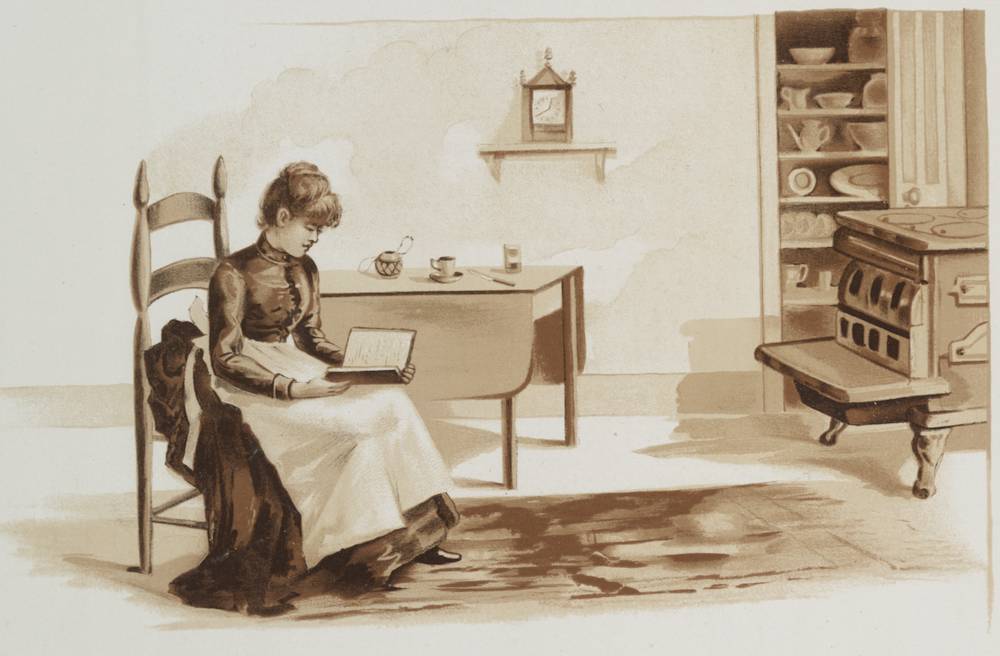How Recipe Cards and Cookbooks Fed a Mobile, Modernizing America
Scientific Methods and Rising Literacy Were Key Ingredients for a Culinary Revolution
The first edition of The Boston Cooking-School Cook Book—now known as The Fannie Farmer Cookbook—reads like a road map for 20th-century American cuisine. Published in 1896, it was filled with recipes for such familiar 19th-century dishes as potted pigeons, creamed vegetables, and mock turtle soup. But it added a forward-looking bent to older kitchen wisdom, casting ingredients such as cheese, chocolate, and ground beef—all bit players in 19th-century U.S. kitchens—in starring roles. It introduced cooks to recipes like hamburg steaks and French fried potatoes, early prototypes of hamburgers and …








